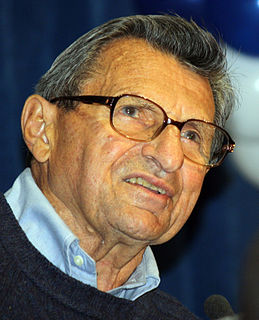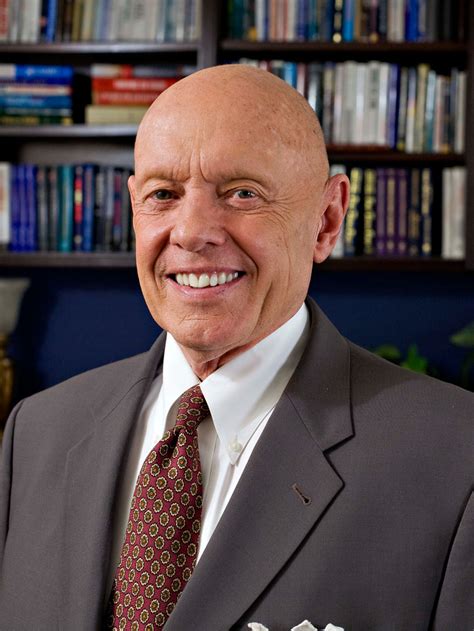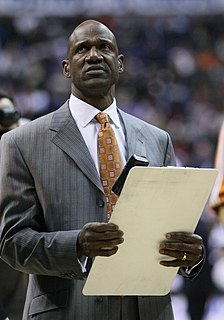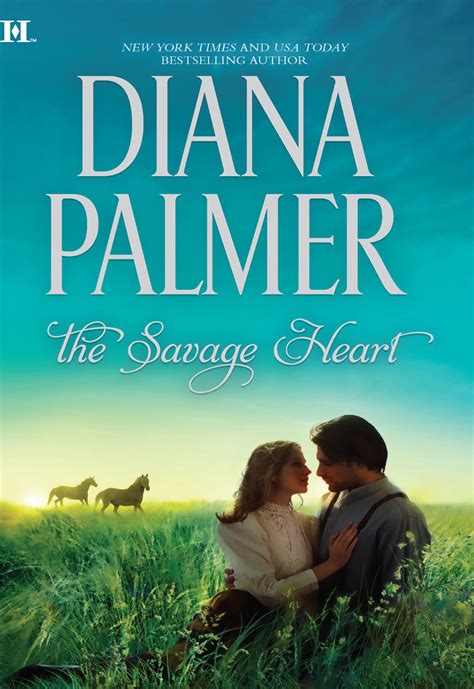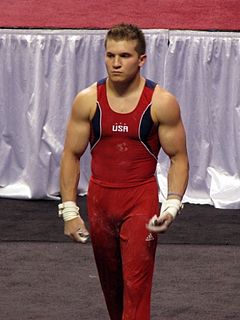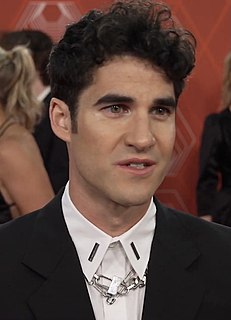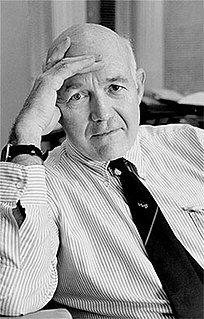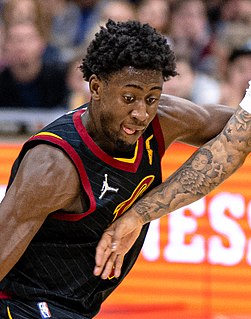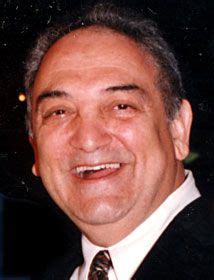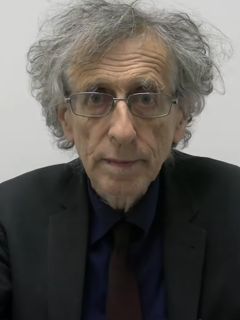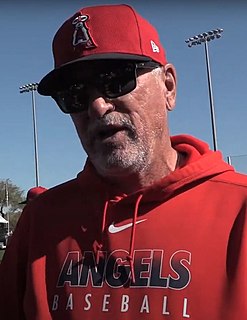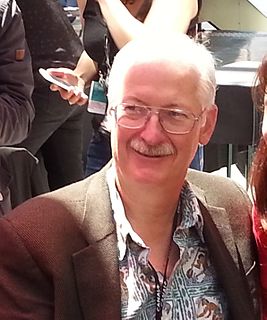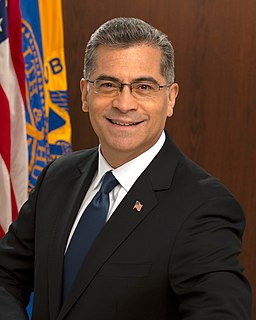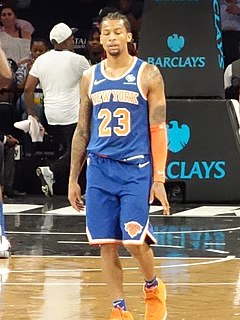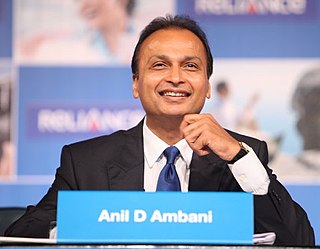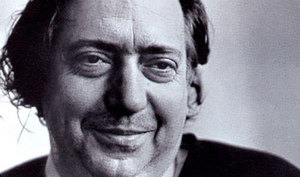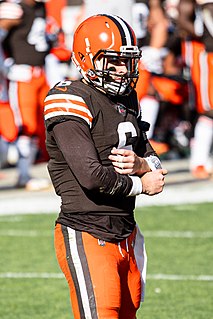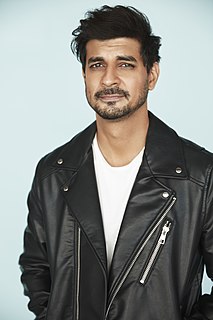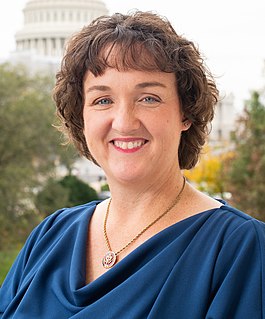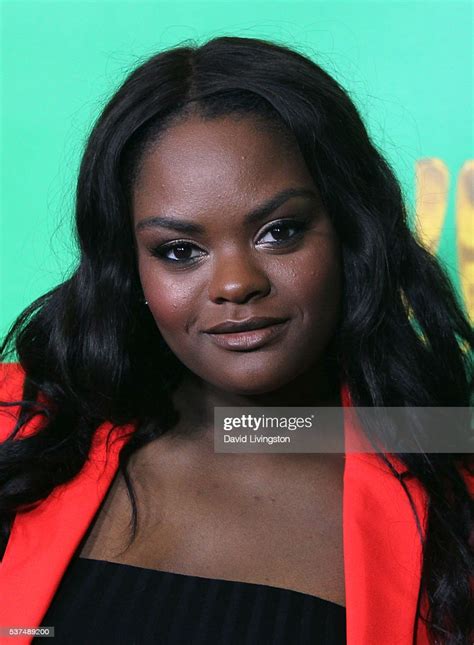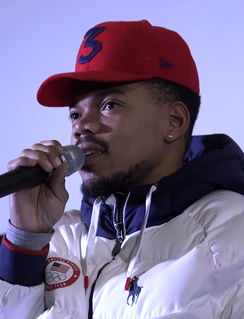Top 1200 College Students Quotes & Sayings - Page 17
Explore popular College Students quotes.
Last updated on November 6, 2024.
Mostly I want to talk positive; I wanna talk about a bunch of great kids that I coached and made me look good and the university that I've seen grow from a cow college, which it was, only 12,000 people, and when I came here, we weren't at Pennsylvania State University, we were at Penn State College.
I fear that the impact of university censorship and university denial of due process will be to mis-educate a generation of students away from core values of civil liberties and constitutional safeguards. Students who have been led to believe by university administrators and faculty that censorship and denial of due process are acceptable norms will be more susceptible to accepting those norms in their post-university lives. That would be a tragedy for America.
I think the other thing that's interesting about the women's peloton is that if you ask what their background is most have played college sports, and a lot of times have come off of injury and have gotten on a bike. A lot of us start post college in our mid 20's unlike in Europe where they start 10 years before that.
College was an experience I'll always cherish. Now I fund a scholarship at my alma mater in my late father's name-he'd laugh to know that it's a science scholarship, when I can barely do math! I also fund a nursing scholarship at the Oglala Lakota College in Kyle, South Dakota, in the name of my mother, who was a nurse.
Another big difference about not being in college: In college, you're on the team, you're competing for the NCAA - luckily I had a full scholarship and I was taken care of - then all of a sudden you're a pro and you've got to take care of yourself. I'm gonna keep doing the same thing, keep training, and hopefully everything works out.
For the past three years, the CIVIX Student Budget Consultation has helped us to better understand the most pressing national issues for young Canadians. I am delighted to note that on key issues, such as balancing the budget, debt reduction, and lowering taxes, we stand in step with the thousands of students who participated in this initiative from coast to coast to coast. I want to thank the students and teachers for investing their time and energy in this worthwhile initiative. Their enthusiastic participation inspires great hope for Canada's future.
We need to have an education system in New Jersey and all over the country that makes all of our kids, either college or career ready. It should be their choice. I mean, every kid doesn't want to go to college. But I think we should aspire to let every child reach his maximum or her maximum potential.
When I was in college, I was in the theater department, which for anyone who has been involved in any kind of theater program, you know that it's really wacky and tight-knit, a real family. Me and my good friends from college would do random shows and plays that were sometimes serious, but most of the time really goofy and funny.
You can't have 23 million people struggling to get a job. You can't have an economy that over the last three years keeps slowing down its growth rate. You can't have kids coming out of college, half of them can't find a job today, or a job that's commensurate with their college degree. We have to get our economy going.
What would have happened if Derrick Rose had torn his knee in college, or Greg Oden? It would have cost them millions of dollars. They were lucky, coming out early. I'm not saying don't go to college. There are plenty of players like Shaq [O'Neal] who went back and graduated. I commend that. But do it at your leisure - don't hurt your finances.
What ends up getting this Stephen Lerner guy in the mind-set that he's in is his sense of entitlement. So he wants a college education. He wants it, he should have it. It shouldn't cost him anything. And the people who provide it certainly shouldn't be getting rich because a college education he thinks is an entitlement.
I gained a first class degree in Physics at Imperial College London in 1968 and did research in solid state physics, but did not pursue meteorology matters until gaining an M.Sc. in astrophysics from Queen Mary College London in 1981, after which I investigated and attempted to construct theories of solar activity.
I think [testing] has had a profoundly problematic impact on student learning. It must seem to students that their worth as individuals is equivalent to their test score. The stress the high stakes culture has on teachers is also highly negative and must surely impact students in a negative way. It also de-professionalizes teachers because it encourages them to be script readers, followers of rigid schedules, and to disregard the needs of the people they teach in favor of the scripts and schedules.
No matter how sheltered [my students] are, no matter how their parents try to do right by them, every single one of them, you know, every single one of us, that's what we all face.?And so it's made me - that's the one change I've marked in myself - it's made me change in the way I relate to my students. I've become a different teacher in that way.
One-and-done is the most damaging thing in college basketball. It brings money into the college game, because it kickstarts the bidding war. When you know a kid can't turn pro and is going to go to school for one year and then go pro, that's when you see everyone going to games and courting players.
When you go to a college for acting, at least the college I went to, it's like everybody just singing and dancing and acting, and they all come together, and everyone's talking about head shots... It just turned me off. I was like, 'What is this? I don't understand this. People are singing in the hallways.'
Where I grew up in Pakistan, it's really the luck of the draw. My mother got married when she was 17. She never went to college but she wanted each and every one of us to go to college and then work. She was relentless about it. And i think that part of who i am is shaped by her strength. If [girls] families support them, they can achieve their dreams
The most successful teachers in low-income communities operate like successful leaders. They establish a vision of where their students will be performing at the end of the year that many believe to be unrealistic. They invest their students in working harder than they ever have to reach that vision, maximise their classroom time in a goal-oriented manner through purposeful planning and effective execution, reflect constantly on their progress to improve their performance over time, and do whatever it takes to overcome the many challenges they face.
The educational system in the US was a highly predictable victim of the neoliberal reaction, guided by the maxim of "private affluence and public squalor." Funding for public education has sharply declined. As higher education is driven to a business model in accord with neoliberal doctrine, administrative bureaucracy has sharply increased at the expense of faculty and students. Cost-cutting leads to hyper-exploitation of the more vulnerable, creating a new precariat of graduate students and adjuncts surviving on a bare pittance, replacing tenured faculty.
I regret that there aren't more short stories in other magazines. But in a certain way, I think the disappearance of the short-story template from everyone's head can be freeing. Partly because there's no mass market for stories, the form is up for grabs. It can be many, many things. So the anthology is very much intended for students, but I think we're all in the position of writing students now. Very few people are going around with a day-to-day engagement with the short story.
My three daughters are all going to go to college, and it's not even a question. When I was applying to college, my parents were hoping that I would just go somewhere. Today, they look at their grandkids, and they know those kids will have a chance to build this country in bigger and better ways than my parents ever had a chance.
I often notice how students can gain the capacity to use certain critical methodologies through engaging with very different texts - how a graphic novel about gentrification and an anthology about Hurricane Katrina and a journalistic account of war profiteering might all lead to very similar classroom conversations and critical engagement. I'm particularly interested in this when teaching law students who often resist reading interdisciplinary materials or materials they interpret as too theoretical.
I was able to meet young black people from all over the country who were focused on education and on elevating themselves.I'm endorsing and supporting this initiative because I believe college is a blessing, and for young black people coming out of areas that are struggling ... for them to see college as their future, that's a blessing.
I think college prepared me at a really high level. High school, you can take some plays off on the defensive end. Not on purpose, but if your man gets tired, you can rest a little bit. But once you get to college, and especially in the NBA, you can't do that. Even if my man gives the ball up, I'm on help side, helping my team out.
Our accent will be upon youth: we need new ideas, new methods, new approaches. We will call upon young students of political science throughout the nation to help us. We will encourage these young students to launch their own independent study, and then give us their analysis and their suggestions. We are completely disenchanted with the old, adult, established politicians. We want to see some new faces -- more militant faces.
I entered KC College in 1975. When I came here for my interview, for my admission, every person I spoke to spoke to me in Sindhi. Be it Kundanani, Bhambani, Nichani, Kevalramani... and they also thought that Ambani was the same. For a moment, I thought that I got my admission at KC College because I have a 'ni' in my surname.
Just in higher education alone, more people go to college now, by enormous amounts, than went to college in the '50's and '60's. So that represents a whole new literate public that's a consumer of literature, of news, of print, of, you know, opinion. And that's a bigger audience and much more diverse audience than it used to be.
An art form requires genius. People of genius are always troublemakers, meaning they start from scratch, demolish accepted norms and rebuild a new world. The problem with cinema today is the dearth of troublemakers. There’s not a rabble-rouser in sight. There was still one, but he went beyond troublemaker to court jester. He clobbered the status quo. That’s Godard. We’re fresh out of ‘bad students.’ You’ll find students masquerading as bad ones, but you won’t find the real article, because a genuine bad student upends everything.
To play the role of a sports champion, I first needed to break my body and become supremely fit to convincingly look like a college athlete. Along with acing sporting disciplines, I also had to balance the emotional graph and light heartedness of a college drama while competing in varying sport! Combining the two drained a lot out of me.
I started playing music around 13 or 14, played jazz in high school, and played other stuff in college. After college, I tried to make it as a musician. I lived in a big squalid house full of dudes outside of Boston. We were all musicians. We built this studio in the basement and played there all hours of the day.
At that point, I thought probably special effects, something like that, and indeed, the early days when I was working with my dad, after I left school, I only went to less than one year of college, and then I was transferring, and then I delayed my transfer, and I did a movie, and then another movie, and then I never finished college.
